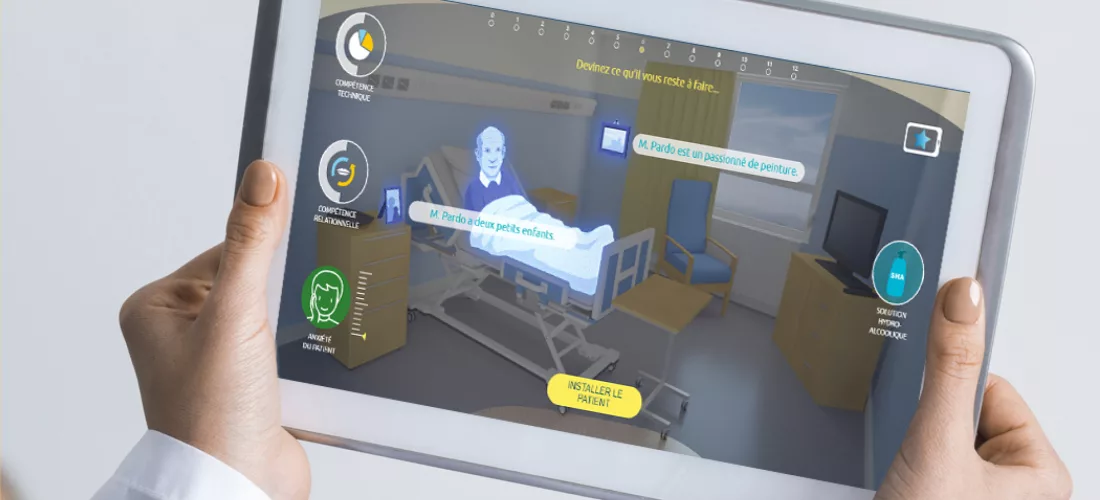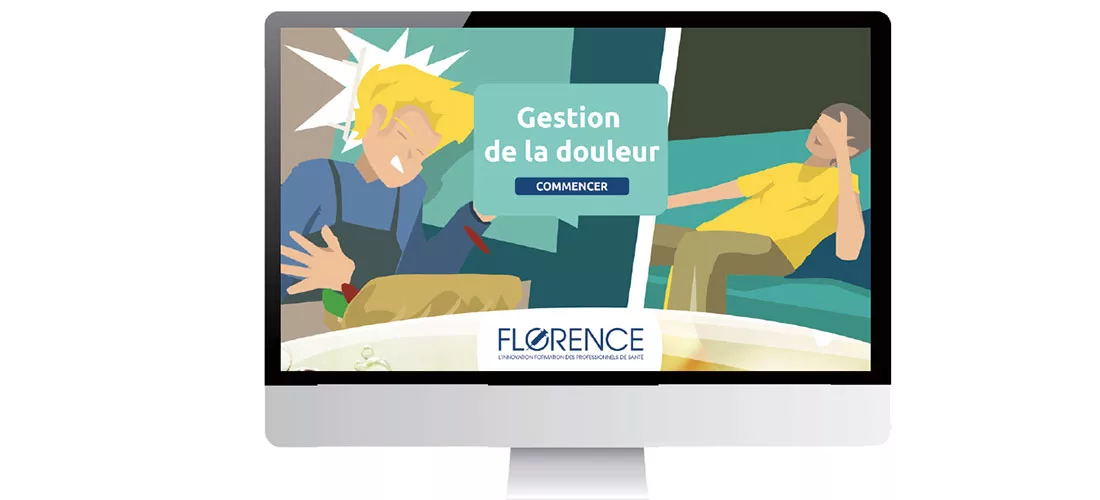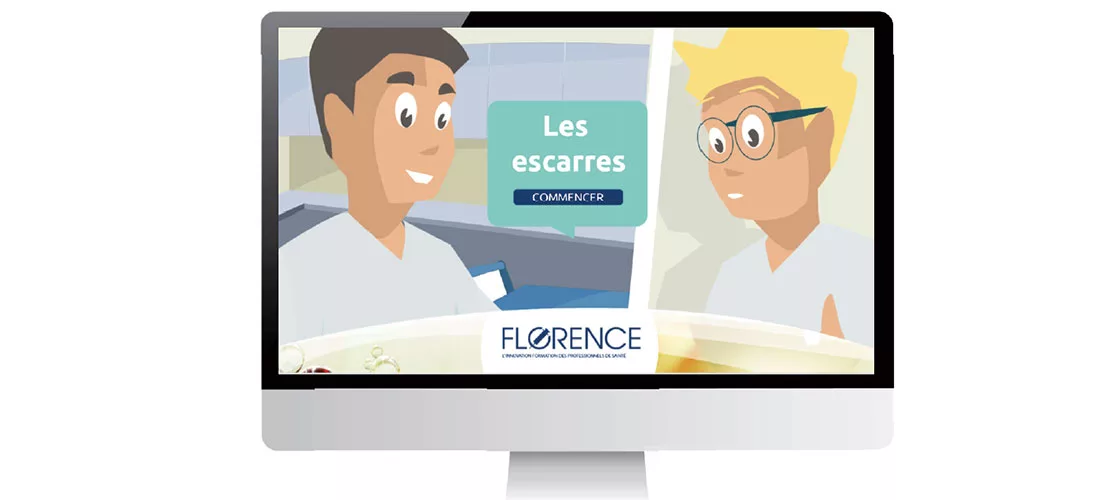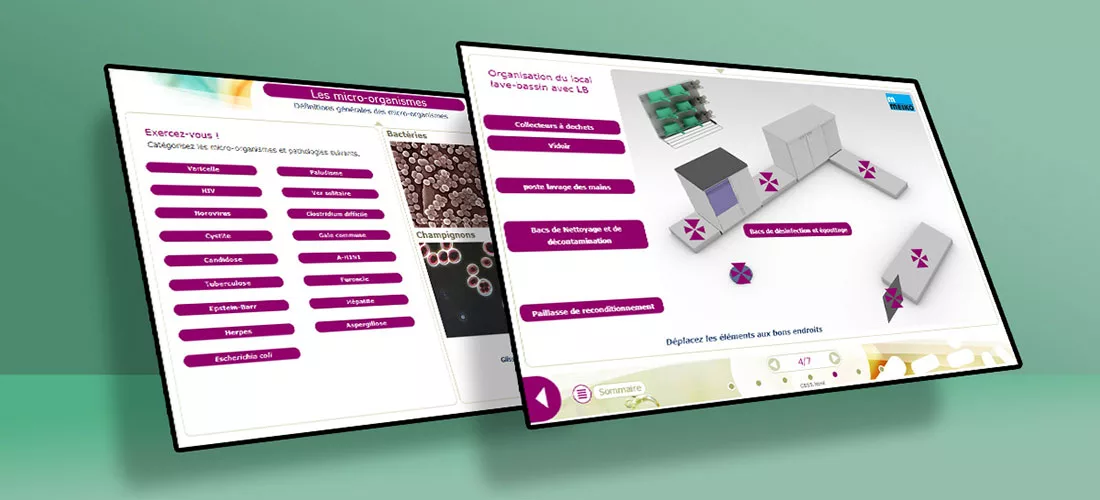Objectives
- Understanding the main clinical situations requiring the prescription of labile blood products
- Identifying the clinical situations leading to the prescription and transfusion of labile blood products
Concerned professions
- Physician, pharmacist, laboratory technician working in a blood product dispensing facility
- Doctor, nurse, midwife working in a healthcare facility
Content
- PSL : Types, Characteristics, Indications, Transformations, and Qualifications
- Rules for Prescription of Labile Blood Products (PSL)
- Clinical Situations
- Adverse effects on the recipient
Prerequisites
None
Face-to-face training
Duration :
4 days – 28 hours
Session dates :
To be determined with you
Group :
5 to 20 learners
Training location :
EFS – EFS camps
3 Avenue du Stade de France
93200 La Plaine Saint-Denis
EFS – EFS camps
3 Avenue du Stade de France
93200 La Plaine Saint-Denis
Sales contact :
Younes OUAHID
younes.ouahid@audace.fr
+33(0)6 45 42 61 42










